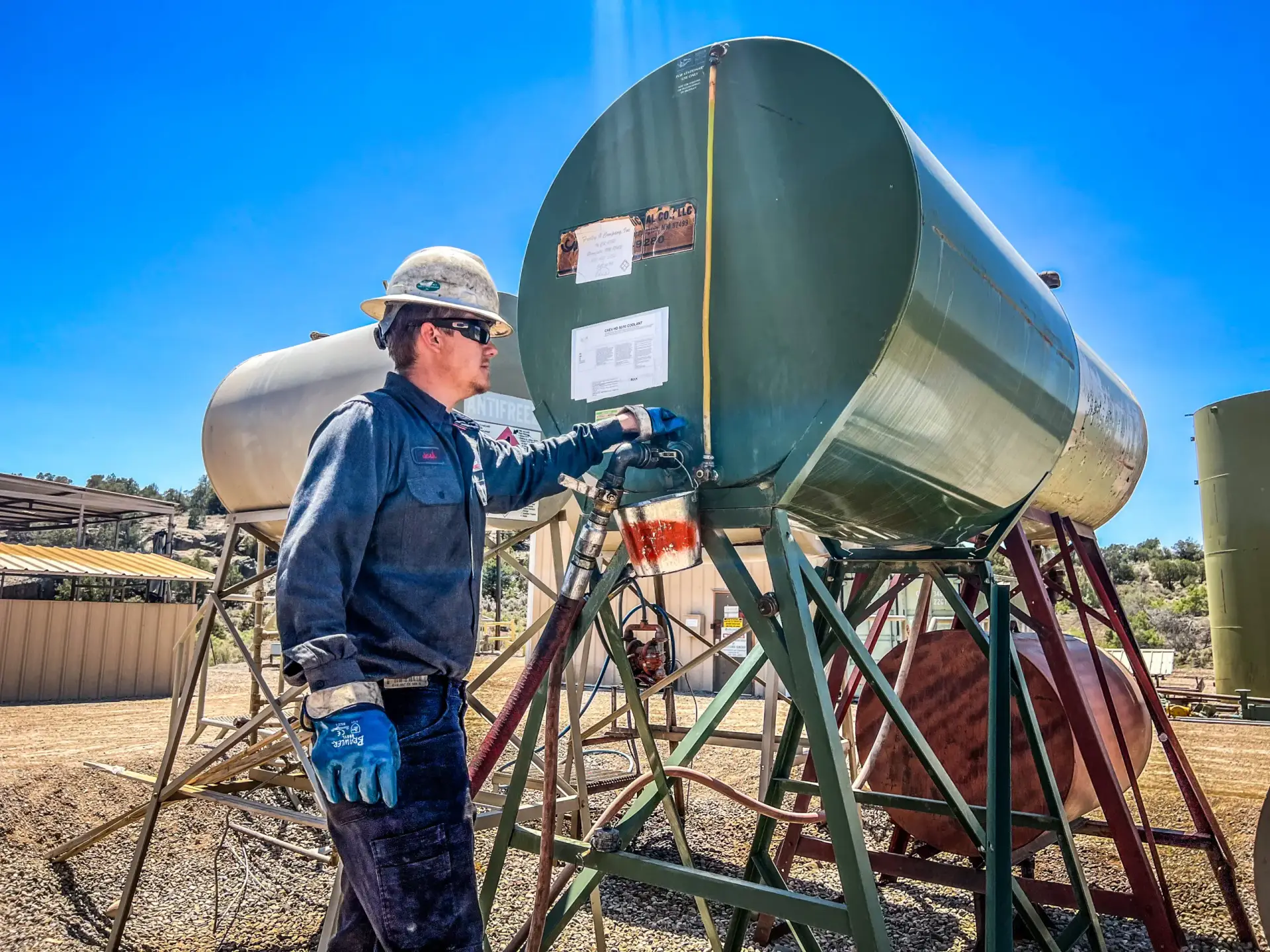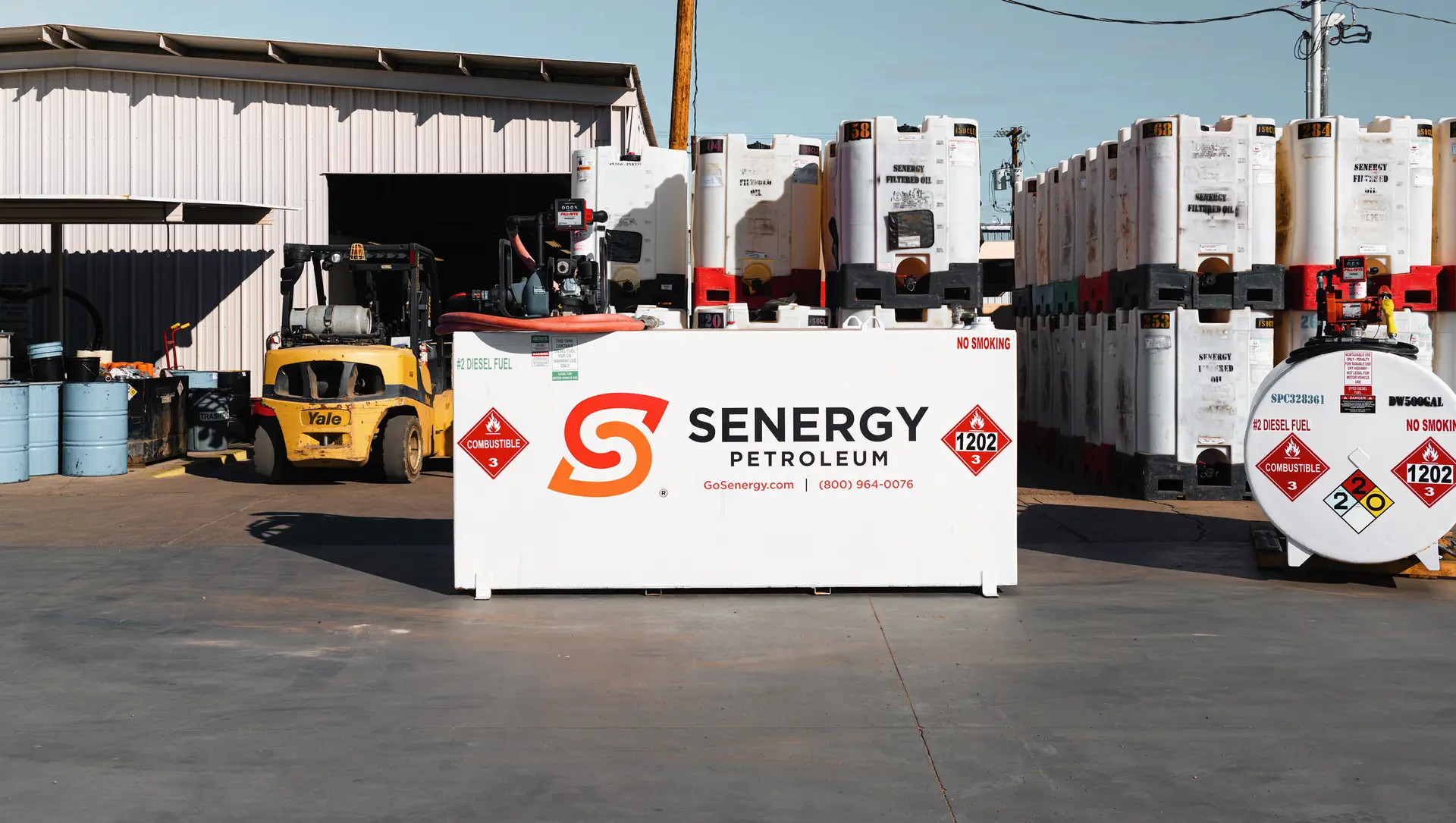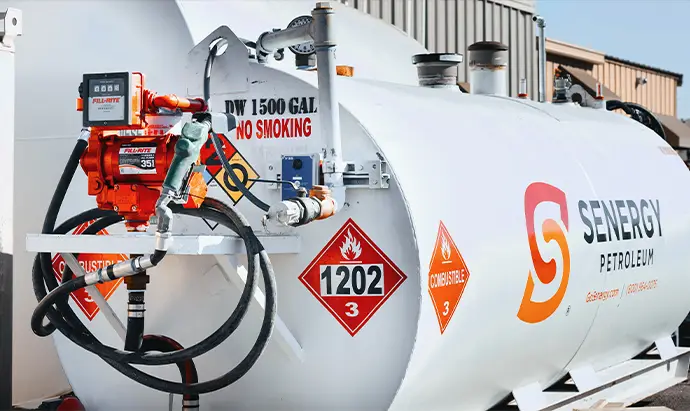The first step in selecting the proper garage tank is to evaluate your fuel usage patterns and operational needs. Whether you manage a business fleet, agricultural operation, or construction site, determining how much fuel you consume daily, weekly, or monthly will impact the tank’s capacity. Fuel type also matters; specific fuels, including diesel, gasoline, biodiesel, or aviation fuel, have unique storage requirements. Safety regulations, temperature sensitivities, and the risk of contamination should be considered. You should also think about how often you will be refilling the tank and what type of delivery setup your supplier offers. Bulk fuel storage tanks are a smart choice for operations looking to reduce refueling expenses and simplify logistics. Careful evaluation of usage data and operational needs will help you define storage goals that fit your business, both financially and logistically.






